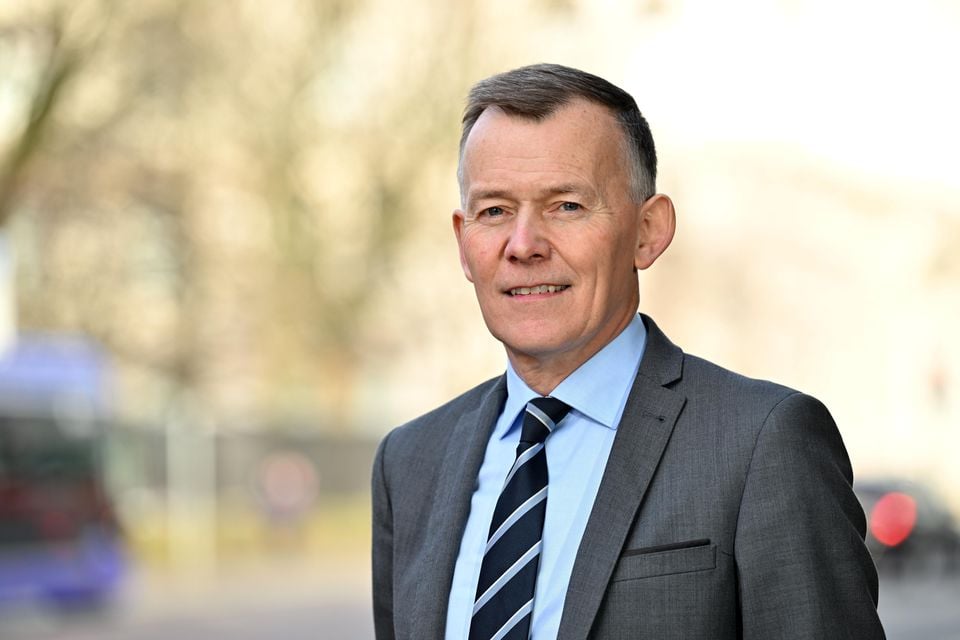The various statements draw on traditional religious themes as well as challenges facing the modern world.
Archbishop of Armagh Eamon Martin and Church of Ireland Archbishop John McDowell urged people to continue to ‘nurture the green shoots of peace and reconciliation’.
In a joint message, they said: “The recent warm spell has brought out the best in springtime and helped to raise our spirits in time for Easter.
“To see the trees bursting into life and the green shoots of spring flowers everywhere lifts our hearts, and reminds us of the promise and hope of new life after the dark sleep of winter.
“Of course, even in the midst of spring, it is difficult to escape the reality that the world is currently experiencing a high level of instability and uncertainty.
“The darkness of war and violence continues to rage; countless families are displaced, and lasting peace seems elusive as more and more countries divert resources from welfare to warfare.”
They said that, through prayer, “we can truly overcome even the heaviest cross, the darkest situation.”
Both reflected on the impact of faith on the peace process, having addressed Congress Members and staff on Capitol Hill in Washington on their St Patrick’s Day visit to the US.
“This opportunity allowed us to emphasise once again the importance of not giving up on hope, and of maintaining a strong Christian voice in the public square,” they said.
“We stressed the need to persevere along the road to deeper friendship, respect, tolerance and dialogue.”
Presbyterian Moderator Dr Richard Murray said society is confronted with crises such as wars, environmental emergencies, attacks on free speech and the huge drug problem.

Moderator of the Presbyterian Church in Ireland, Right Reverend Dr Richard Murray
“Jesus conquered death and the worst the devil could throw at Him,” he said.
“He also promised to come back as the judge on the last day. Those putting their hope in Jesus will be as safe on that day as people in a stone tower are safe from arrows.
“There is hope, and it can be found in found in the person Jesus.”
Rev Dr John Alderdice, president of the Methodist Church in Ireland, remarked on the contradictions of Good Friday.
“It is a strangely named day, Good Friday,” he said.
“Today is a dark day, we remember what must have been a dreadful death for Jesus and a distressing experience for those closest to him. How could it be ‘good’ in any way?
“Yet, as we read the gospel story, focusing on the events in the lead-up to Good Friday, we can see that Jesus knew what was coming and embraced it.
“He knew of the greater good in the midst of a great injustice.”
Meanwhile, the Prime Minister has paid tribute to Christians “facing hardship, persecution or conflict around the world who cannot celebrate freely” in his Easter message.
Sir Keir Starmer also called on people to “work together for the flourishing and renewal of our country”.
According to the 2024 World Watch list, an annual report published by Open Doors, around 365 million Christians are subject to “high levels of persecution and discrimination”, and in 2023 4,998 Christians were killed for faith-related reasons.
The PM said: “The story of Easter is central to the Christian faith: it is a story of hope, redemption and renewal.
“This Easter, as churches hold special services across the UK, and gather to celebrate with friends and family, we remember those Christians facing hardship, persecution or conflict around the world who cannot celebrate freely.
“I also want to thank you for the ways in which you follow Christ’s example of love and compassion in serving your communities.”
